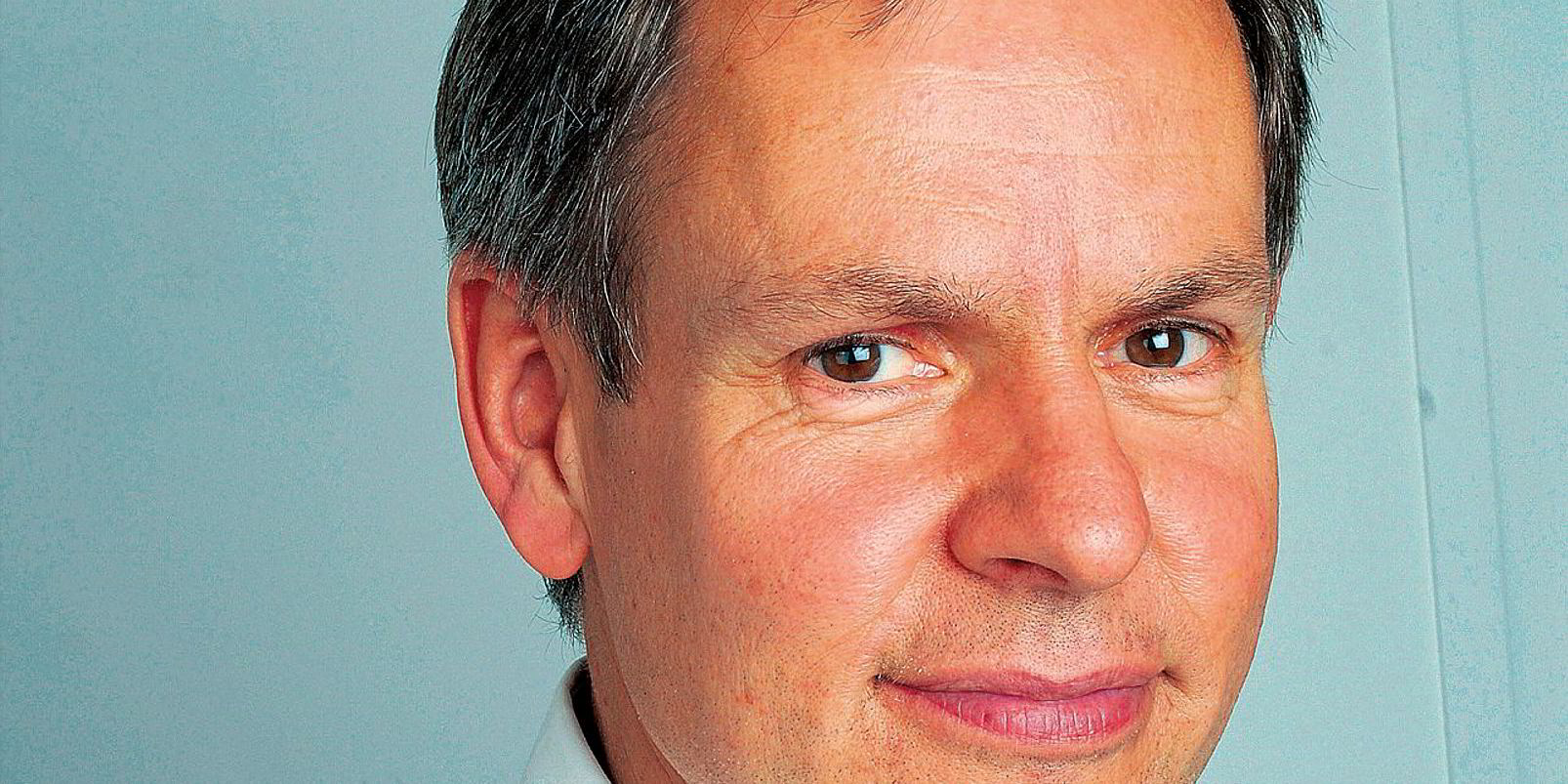Donald Trump's decision to withdraw the US from the Paris climate change accord seems to have galvanised world opinion against him.
There may be some isolated foot draggers out there who still hope the US example will embolden others to bail out.
But, so far, the reaction from most foreign governments to the populist US leader’s latest quixotic — if not unexpected — move is an exasperated shrug of the shoulders.
This has been followed by a promise to work even harder together to reduce the greenhouse gas emissions that the bulk of scientists believe cause global warming.
Even local politicians in New York and California say they have no intention of slowing down their own low carbon transition plans.
So it was good to hear Simon Bennett, director of policy at the International Chamber of Shipping, tell the UN Ocean Conference in New York this week that Trump’s decision will have “no impact” on the maritime industry’s commitment to cut CO2 emissions.
And it was also helpful that ICS chairman Esben Poulsson warned that any hesitation by the industry now risks “losing control of the situation”.
He was talking about the dangers that if the International Maritime Organization (IMO) does not act robustly on CO2 reductions then lawmakers — such as the European Union — will impose their own solutions as they have threatened already.
The industry is proud that its CO2 emissions have fallen by 13% between 2008 and 2012 but a significant part of this has been achieved because of slow steaming driven by recession rather than climate considerations.
The industry used to be criticised by environmentalists but, post-Paris, it is increasingly policymakers doing this.
So it is crunch time for the IMO. The Intersessional Working Group on Reduction of GHG (greenhouse gas) Emissions from Ships, which will start on 26 June at the IMO's headquarters in London, is the beginning of a really important process.
The United Nations' maritime body must surely have a plan of action in place by next year that is supported by the industry, governments and the public.
It will not be easy. The relatively impartial and quite conservative International Energy Agency has issued warnings already that time is running out for shipping.
A report “tracking progress” on various sectors notes the work that the IMO has done on energy efficiency standards and sulphur. But it concluded: “Limited policy deployments have led to [a] slow uptake of clean technologies in shipping. Meeting 2DS [the UN’s goal of keeping world temperatures below anything more than two degrees more of warmth] goals requires the rapid adoption of markedly more ambitious policies.”
There are exciting things happening in the industry, as TradeWinds' Ship Design and Innovation business focus from 26 May illustrated so graphically. As TradeWinds correspondent Adam Corbett has noted, shipping “has barely touched the potential” even on air cushions, hull coating, contra-rotating propellers and waste heat recovery.
There is the drive to use liquefied natural gas (LNG) to power ships as well as pioneering projects such as the HYBRIDskip project in Norway, where the world’s first hydrogen-powered ferry is being constructed.
But the lack of urgency in some quarters is still worrying. As Tristan Smith from University College London pointed out, the industry still does not even have an independent, transparent and verifiable way of measuring energy-efficiency technology.
The IMO has promised to have an outline plan by 2018, with some kind of strategy document ready for implementation in 2023. And yet emissions from the industry should be peaking in 2025 and falling to half its levels by 2050 before dropping to zero in the second half of this century if it is to meet the general goals outlined in the Paris accord.
Researchers at Marintek in Norway say shipping would have cut its greenhouse gas emissions by 85% (from 2010 levels) come 2050 if it was to fulfil the Paris demands of an individual nation state. Shipping is not a nation state, of course, and encouragingly Marintek does believe cuts of 75% are possible.
Meanwhile, the IMO is being urged to establish an independent body to research marine-propulsion systems. This is a no-brainer. Such an organisation could be used to collate and disseminate information on research and development going on globally.
Shipping needs to be doing all it can — and be seen to be doing all it can — to beat climate change and its own critics. Slow steaming on CO2 action is not an option whatever Trump thinks or does.




